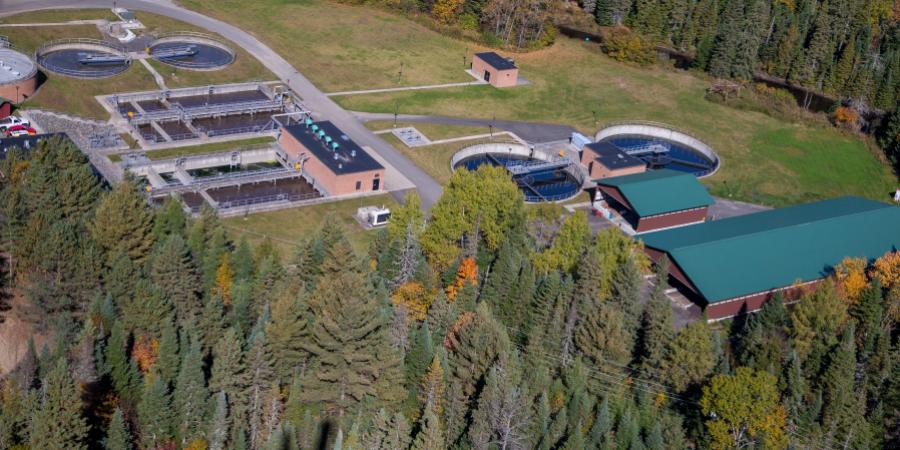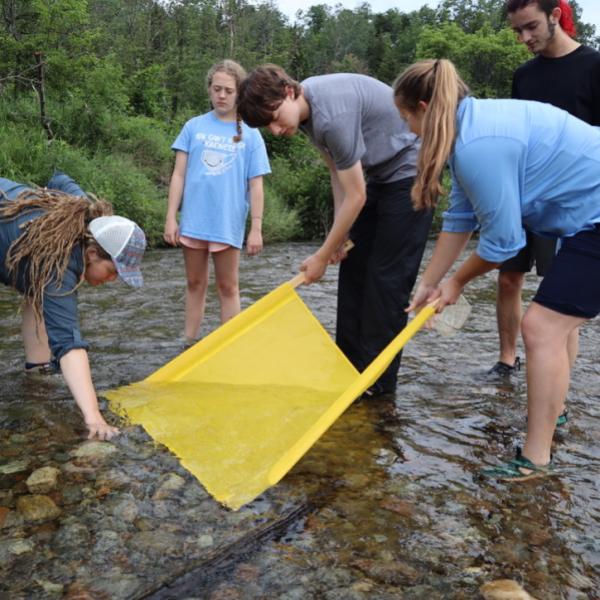The Threat
Phosphorus is an important nutrient required for plant growth and is often the limiting nutrient for aquatic plant and phytoplankton production in a water body. Nevertheless, phosphorous is one of the primary threats to water quality in Lake Champlain, into which the Ausable River drains. Excess levels of phosphorus in a water body lead to excessive phytoplankton and aquatic plant growth. In lakes, when these organisms die, they settle to the bottom and are decomposed by bacteria. This increased level of bacterial decomposition leads to oxygen deprivation in the bottom waters of lakes, making this area unable to support fish and other aquatic animals. Excess phytoplankton growth can also occur in the form of harmful algal blooms which are unsightly and potentially toxic.
AFC's Response
The Ausable Freshwater Center (AFC) works with a variety of regional organizations to help plan and implement projects that target reductions in phosphorus. We educate the public on proper land management practices that help reduce phosphorus inputs to the river and lakes. We have also organized septic pump out programs for high priority areas within the watershed. These programs split the cost of the landowner's septic pump out and provide them with educational materials on proper septic system care.
What You Can Do
- Plant native grasses and plants.
- Reduce or eliminate the use of fertilizer, especially on lawns.
- Plant or maintain a riparian buffer along any waterways that pass through or alongside your property.
- Maintain your septic system regularly.
- Discuss the importance of proper stormwater and sewage treatment with your village, town, and county officials.



